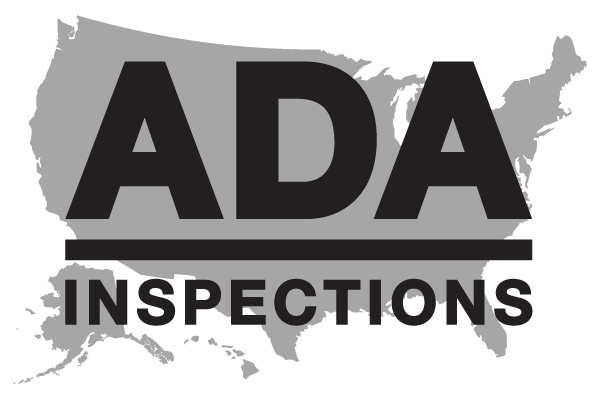New Jersey LAD and the ADA
The New Jersey Law Against Discrimination (NJLAD, LAD) prohibits discrimination and harassment based on actual or perceived race, religion, national origin, gender, sexual orientation, gender identity or expression, disability, and other protected characteristics. The law applies in employment, housing, and places of public accommodation (generally, places open to the public, including businesses, restaurants, schools, summer camps, medical providers, etc.). The LAD is a state form of the Americans with Disabilities Act (ADA). According to Seyfarth Shaw, among its other objectives, the LAD is intended to insure that handicapped persons will have full and equal access to society.
Reasonable Accommodations
The LAD’s prohibition on disability discrimination means that in addition to not discriminating against individuals based on disability, employers, housing providers, and places of public accommodation must provide reasonable accommodations to a person with a disability unless doing so would be an undue burden on their operations. A reasonable accommodation may include:
Restructuring the job of a person with a disability, or providing a modified work schedule or leave of absence;
Allowing a tenant with a disability to keep an emotional support animal, even if the building has a no-pet policy;
Making public accommodations accessible to people with disabilities (including allowing a person with a disability to be accompanied by a service animal).

